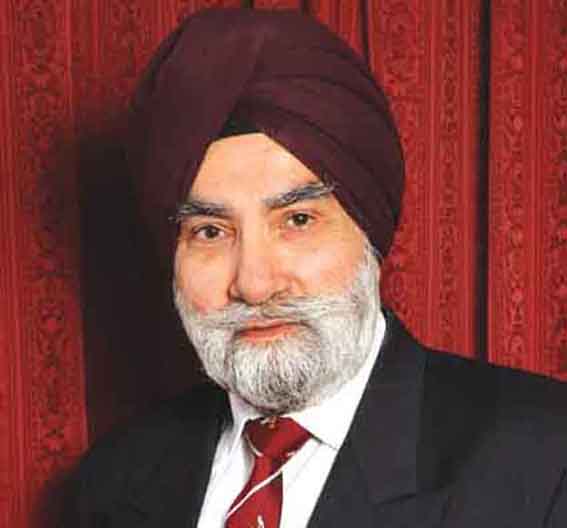Salmon Rushdie Stabbing, Freedom of Speech and Respect for Religious Diversity

The stabbing of Salmon Rushdie at the Chautauqua Institution in New York state on 12 August 2022 has been condemned by all who believe in the rule of law, the main pillar of a democratic society. However, the attack has also re-started a public debate about the balance between freedom of speech and expectation on the part of faith groups to be respected for their faith systems. This balance is also a matter for legislation and the law courts and no person or people are above the law in a civilised society.
Salmon Rushdie was attacked thirty-three years after Ayatollah Khomeini of Iran issued the first formal fatwa placing a bounty of three million dollars on his head. This followed the publication of his satire, Satanic Versus on 1988. According to one writer: The book, Satanic Verses, goes to the heart of Muslim religious beliefs when Rushdie, in dream sequences, challenges and sometimes seems to mock some of its most sensitive tenets.
A satire is a literary term and is defined as the use of humour, irony, exaggeration, or ridicule to expose and criticize stupidity or vices, particularly in the context of contemporary politics and other topical issues. Some thinkers argue with justification that the form of satire used by Salmon Rushdie in his Satanic Versus went beyond pure critique. Sikh Gurus and the Bhagats in Sri Guru Granth Sahib questioned and used allegory and even humour to expose the hypocrisy of certain practices in the name of religion while showing the faithful what the true path should be. That approach invited constructive thought and was accepted by the clergy at Mecca-Kaaba and Gang-Banaras alike.
One objection is that freethinkers are being silenced for challenging Islamic orthodoxy. That the charge of Islamophobia is an attempt to raise Islam above criticism. However, freethinking can easily slide towards caricaturing and ridicule with total disregard for the offence caused leading to inevitable consequences.
In 2015, Charlie Hebdo journalists were massacred for showing Prophet Muhammad in crude drawings. In 2020, a French teacher was beheaded for showing Charlie Hebdo cartoons to his class. Some writers who opposed the 2015 Freedom of Expression Courage Award to Charlie Hebdo wrote: In an unequal society, equal opportunity offense does not have an equal effect. That statement requires deep reflection on the part of so-called freethinkers in any democracy. Equal opportunities in law may not be so equal in reality when there are inbuilt prejudices against minorities even in most democratic countries.
A supporter of freedom of speech, a freethinker no doubt, wrote on Facebook: the key point is that in a democratic society ideas, including religious ideas, must be open to scrutiny, ridicule and satire. If that is what freethinkers advocate then their version of freedom is bound to clash with the just expectation of followers of religions that their belief systems should not be ridiculed.
Sincerely held beliefs should not be ridiculed. That is not what freedoms and human rights in a civilized human society are about. As we have seen in the Rushdie case, the risks and consequences are there. That is not to say that freedoms and rights, responsibly exercised, should not be defended. The question always is that fine dividing line between responsible and publicity-seeking questioning and criticism of religion.
Gurmukh Singh OBE
Principal Civil Servant retd